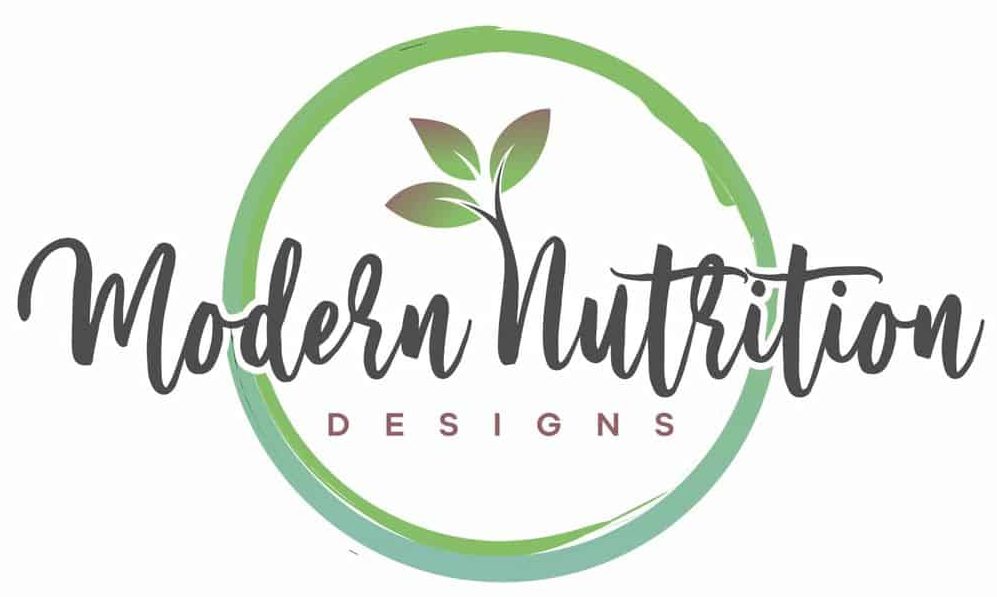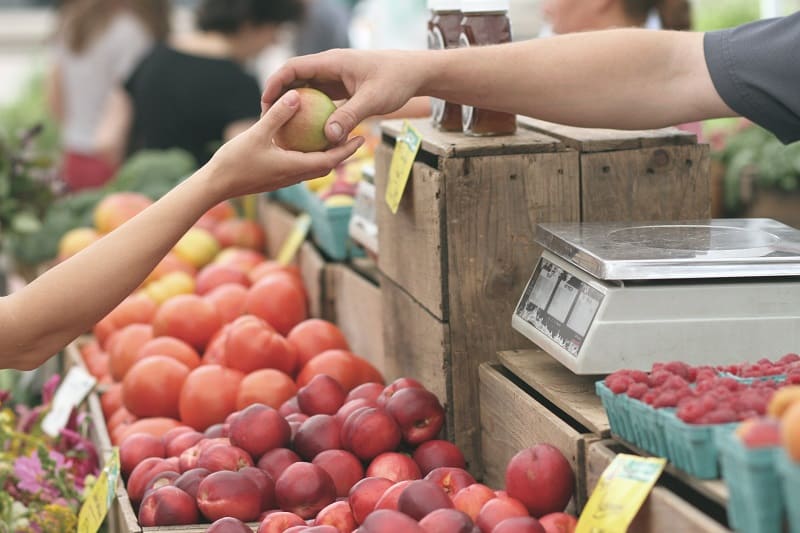Since I began eating plant-based in 2015, people have commonly asked me if eating this way is more expensive than when I used to eat the standard American fare. I did some research comparing my own grocery receipts and that of some friends and family to determine the answer to this question.
Eating a plant-based diet is less expensive than consuming a standard Western diet full of meat, dairy, eggs, and packaged goods. If you measure foods in cost per serving fruits and vegetables are actually cheaper than meat and processed foods. For all metrics except the price of food calories, healthy foods cost less than unhealthy foods.
The price you pay for cheaper calories, such as those found in the standard American diet, may cost you less in the grocery store, but more in the kitchen.
Getting more junk for less nutrition
So are we eating for calories, or are we eating for nutrition?
While junk food may be four times cheaper than vegetables, there’s 20 times less nutrition. For meat, we’d be spending 3 times more to get 16 times less.
Dr. Michael Greger
Ultimately, when consuming plants you are inevitably getting the most bang for your buck. A calorie is not a calorie. For example, 100 calories of Coca-cola is not equivalent to 100 calories of broccoli.
The contents of the soda are mostly carbohydrates and water. While broccoli contains carbohydrates, water, protein, fatty acids, fiber, antioxidants, vitamins, minerals, and phytochemicals. So even though soda may be cheaper than broccoli per calorie on the surface, it’s what is inside that truly counts.
And although the processed food companies prefer for customers to believe they are getting a deal, what they are actually getting is little more than empty calories.
Cost per calorie: plant-based vs meat-based diet
It has been shown that you can actually live off plant-based foods for less than $4.00 per day! The same resource showed that typical meat-centered meals can cost over $10.00 per day on average.
The majority of calories in a plant-based diet come from beans, whole grains, and other starches, while meat provides about a third of the calories in a standard diet. Sirloin steak costs $1 per 100 calories, while pinto beans cost $0.05 per 100 calories.
Below you will find some common animal-based and plant-based food items with their estimated cost per 100 calories.
| Plant-based Food | Cost per 100 Calories | Animal Food | Cost per 100 Calories |
|---|---|---|---|
| Pinto Beans | $0.05 | Eggs | $0.19 |
| Oatmeal | $0.09 | Sirloin steak | $1.00 |
| Quinoa | $0.16 | Wild salmon | $1.32 |
| Potatoes | $0.19 | Chicken | $0.54 |
| Wheat bread | $0.18 | Ground beef | $0.39 |
| Navy beans | $0.07 | Bacon | $0.18 |
| Kidney beans | $0.09 | Pork loin | $0.54 |
| Black beans | $0.07 | Lamb chops | $0.75 |
| Lentils | $0.07 | Whole milk | $0.11 |
| Tofu | $0.59 | Yogurt | $0.37 |
As you can see from the table, the majority of our plant-based staples are below $0.10 per 100 calories. Conversely, the animal-based items average out to $0.54 per 100 calories.
The cost of groceries prior to becoming plant-based
As someone who has lived both lifestyles, the standard diet and the plant-based diet. I can provide my before and after comparison to the changes I saw in my grocery spending habits.
On a typical animal and processed food-based diet, my monthly grocery bill was approximately $100 more expensive than on my current plant-based diet.
The significant increase in spending on the standard Western diet is likely due to the incorporation of animal products. These tend to be the most expensive item in the grocery store.
There are also a lot of tricks I have learned over the years when it comes to finding the most low-cost ways to live on a whole-foods plant-based diet, as well. If you’re interested in learning more about these, click here to see my post on How to Eat Plant-Based on a Budget (Coming soon).
With that said, I haven’t always been so savvy with my plant-based budgeting. There is definitely a wrong way to approach this way of living.
Eating plant-based can, in fact, become costly if you are making a few mistakes. The largest mistake being trading standard junk-food for costly vegan junk-food. It took me a long time to learn that “organic” and “gluten-free” are not synonymous with “health”.
Just because a product is vegan, certainly does not make it healthy. Potato chips are vegan. Soda is technically vegan. And the vegan food companies are profiting off our confusion with this 21st-century fad.
Yes, I am technically a vegan, but I do not eat vegan crap. Frozen vegan dinners, ready-made soups, pastries, cakes, protein bars, breakfast cereals, cookies, chips, candy, etc. These are all junk-foods with slightly different labels.
Eating a plant-based diet that is not a “whole-foods” plant-based diet can be extremely costly. Processed “health-food” is far from healthy. Many people are unaware that marketing claims such as “all-natural” or “immunity-booster” are completely unregulated and solely exist to mislead the consumer.
Contributing factors that may decrease the cost of healthy eating
Eating out
People on a plant-based diet eat-out less on average. In turn, this dramatically reduces their spending on food.
Those following this lifestyle who do eat-out tend to pay much less for their meat-less choices.
I have found eating plant-based has dramatically changed the sensitivity of my taste-buds to the point where I don’t enjoy eating restaurant food. Even their plant-based dishes tend to be high in salt, sugar, and added oils.
Medical costs

It’s important for consumers to see the bigger picture. Healthful eating leads to increased well being, fewer sick days, better stamina, improved immune function, and vastly reduced risk of disease. Furthermore, it means reduced health care costs and more joy-filled lives. – Brenda Davis RD
Animal and processed foods are most strongly linked with overweight, obesity and chronic diseases such as heart disease, hypertension, diabetes, and even some cancers. You will be saving yourself and likely your family thousands of dollars just by making more healthful food choices at the grocery store.
Vegetarians have a 32 percent lower risk of being hospitalized for heart disease because of lower body mass indices, lower LDL cholesterol, and lower blood pressure than people who eat animal-centered diets.
The average cost of a one-night hospital stay in 2014 was $4,293. Far more than anything “extra” you might spend on a whole year’s worth of whole, plant-based food!
The role of satiety
Whole plant foods are innately more satiating than processed foods. This means that plant-based foods will keep you full longer, thus requiring less food in the long-run.
Even if you buy the “more costly” vegetables or fruits, a little bit goes a long way toward filling you up and giving health benefits.
Plants are made up of mostly water and have loads of fiber which makes them particularly satiating. Processed foods, on the other hand, have had most of their water and fiber removed. It will inevitably require a lot more processed food than whole food to fill up your belly.
Processed foods trigger cravings and unnecessary food bingeing which also leads to an increase in grocery costs. Salt, sugar, and oil are ubiquitous in processed foods from candy to chicken. They are all specially engineered to leave you wanting more.
Takeaways on the cost of a plant-based diet
- Food companies have become experts at making the public believe that eating unhealthy is cheaper. This is only an illusion when you consider the amount of nutrition per dollar spent, as opposed to solely accounting for calories.
- The majority of our plant-based staples are below $0.10 per 100 calories in the table provided above. Conversely, the animal-based items average out to $0.54 per 100 calories. Plant-based foods truly do provide more bang for your caloric buck.
- In my own experience, the monthly grocery bill on a plant-based diet was an estimated average of $100 cheaper than the standard animal-based diet. There is a caveat, however, that many people fall victim to when first becoming vegan or plant-based. This involves trading standard American junk-food for vegan junk-foods. Eating this way can be just as expensive, if not more so.
- Eating out, medical costs, and the role of satiety are three more ways that choosing plant-based may save you money in the long-run.
Karli Jackson

